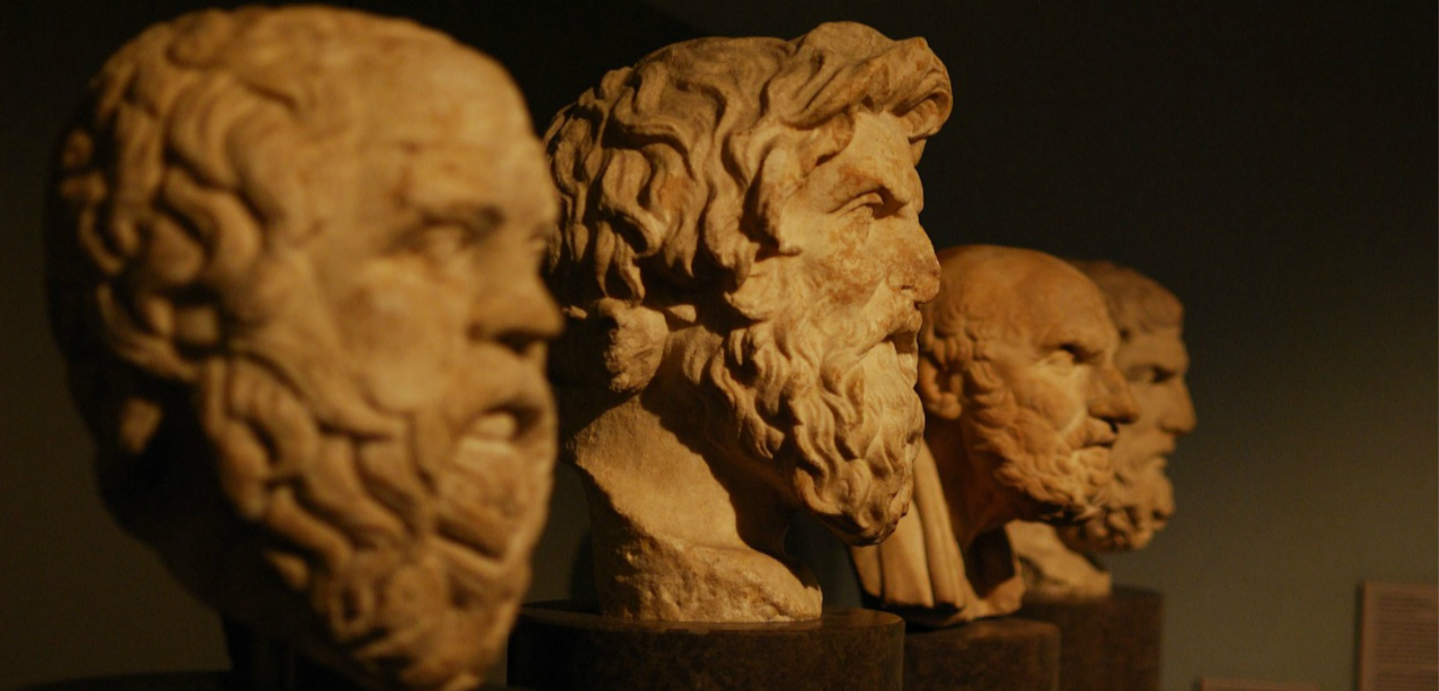In today’s ideological climate, some sectors of both modern science and evangelicalism commune with each other about like oil and water. In other words, they don’t. When it comes to substantive issues, scientists and evangelicals have been known to disagree (to put the matter gently). Because both sides tend to have certain adherents who choose to drink from the well of various enlightenment assumptions, the “science side” and the “religious side” often find it difficult to reconcile their respective beliefs.

This strain is especially pronounced for evangelical scientists. Often, they feel the need to choose between either (a) remaining true to the empirical data they work with or (b) believing in Genesis 1-2. Young evangelical college students must wade through these same waters, too. And, because many of them have been taught to read Genesis literally – and that their faith itself stands or falls on a literal reading – they are left in a crisis. The tension between what the data says, and the way many evangelicals have been taught to read Genesis, is therefore very real.
But there is more than just tension. For many Christians, there is a deep fear about modern science. I recall reading about a student, who, while sitting through a church-led study on young-earth creationism, asked his pastor, “What about the dinosaur bones?” The pastor responded, “Satan buried those bones.” [1]
Indeed, in some Christian circles, mainstream science is nothing more than a grand conspiracy that originated somewhere near the ninth circle of Dante’s hell. But is all the fear, the tension, and the anxiety necessary? I have come to believe that it is not (and I speak as an evangelical).

To show why, I plan to address the topic head-on in a series of posts. I cannot approach the subject as a scientist (I’m not one, as I have no training in that area). But I can contribute to the discussion as a pastor and theologian. And while I cannot speak to, or represent, the scientific community as one of its own, I do want to use this opportunity to implore my Christian brothers and sisters to revisit Genesis with me, asking the question, “What does the text actually say?” Let’s do our part to vigorously read Scripture with integrity and humility. That is, let’s read it in such a way that we are mindful of our own 21st-century bias so that we can positively, and charitably, contribute to the larger discussion.
These posts will be far from an exhaustive treatment on the subject. For now, I merely wish to take what many biblical scholars are saying these days about Genesis and then translate those insights for the church. I have discovered that much of the great work being done by biblical scholars on this subject has yet to trickle down into the church. And as a pastor, I have the calling and responsibility to help remedy this.

And so, let’s revisit Genesis together. See it as a journey of sorts. It could be exciting. It could be scary. All the same, let’s pursue truth wherever it may lead. Let’s introduce ourselves, perhaps for the first time, to some of the interpretive issues – indeed, to some of the mysteries – that reside in the opening chapters of Genesis. This will, I hope, open up new horizons of understanding. Perhaps it will be an exercise in humility. It may prove to be the case, after all, that we haven’t always read the biblical text as accurately as we thought we have. We are willing to admit that possibility, right?
My own position through the years has undergone an evolution of sorts. Though I still have much more to learn, I have discovered that the traditional approaches to Genesis 1-2 (e.g. young earth creationism) are far from adequate to account for what the texts actually say (and what the scientific data says, too). Consequently, I believe that a fresh reading of Genesis will allow us to fully appreciate not only the glory of God’s word, but also the glory of God’s world.
____
*This is a slight revision of an article I posted originally at Trinityhaus.
[1] This story is told by Scot McKnight in his chapter, “Who’s Afraid of Science?” in How I Changed My Mind About Evolution: Evangelicals Reflect on Faith and Science (Downers Grove: IVP Academic, 2016), 29-30.
